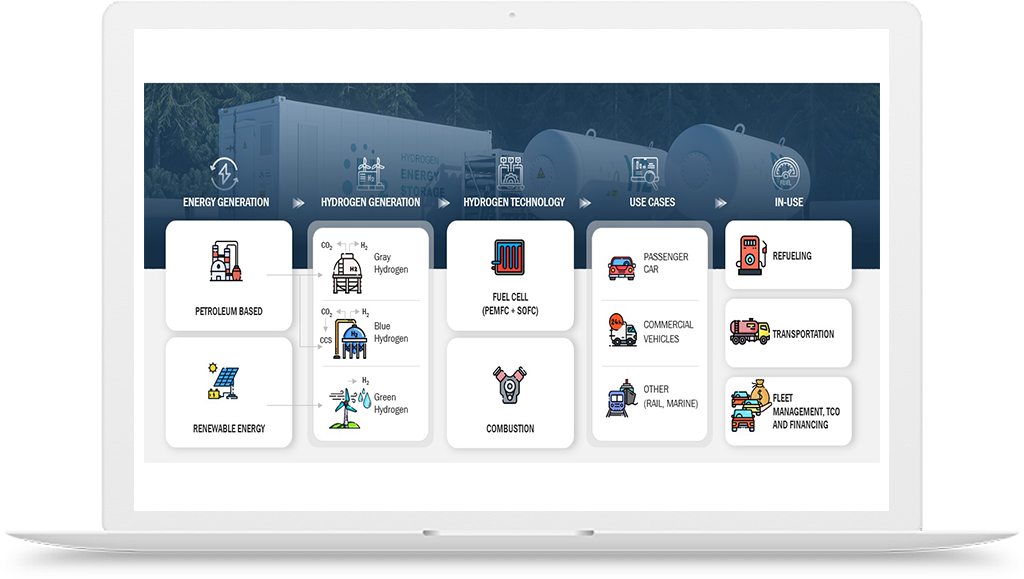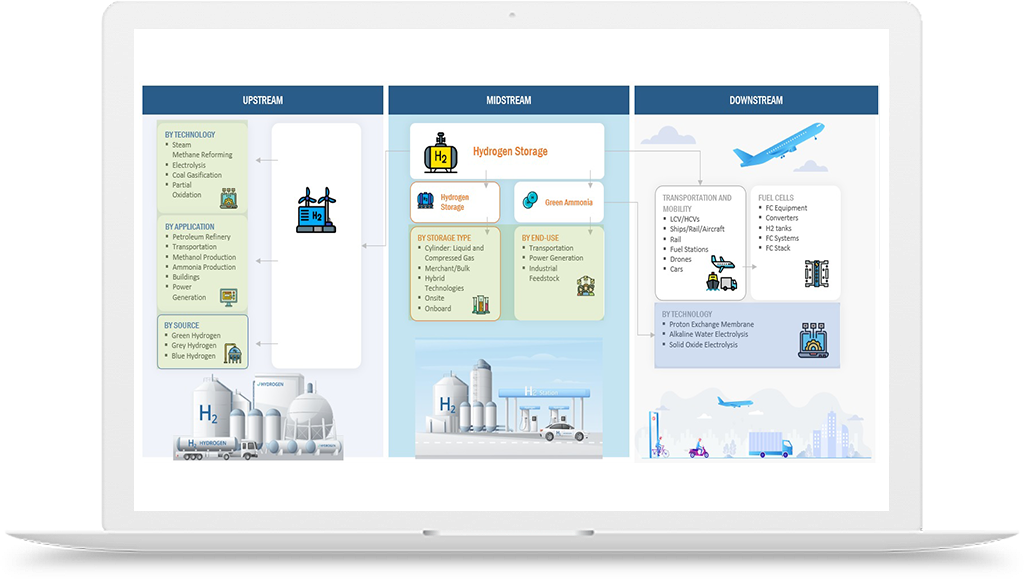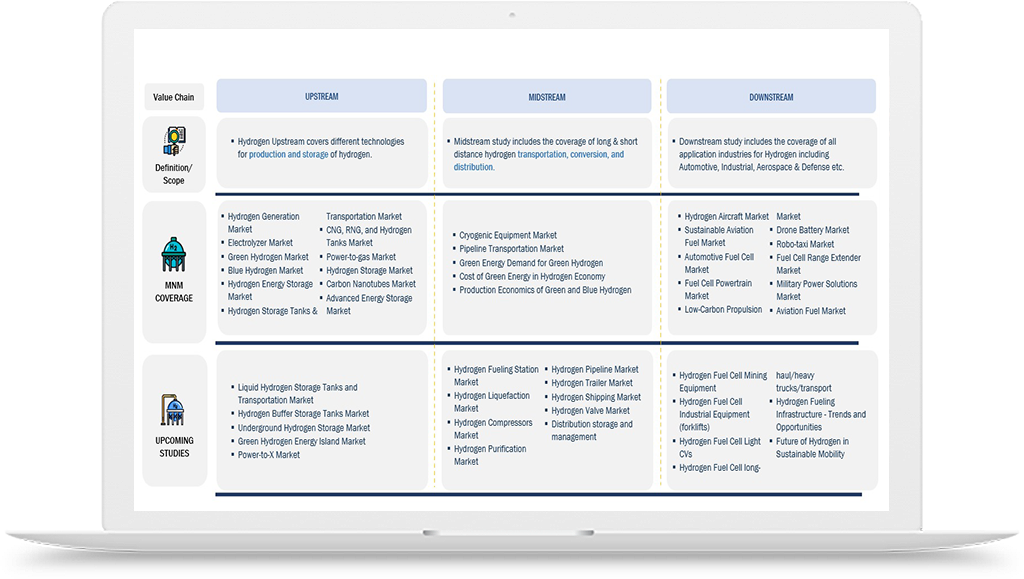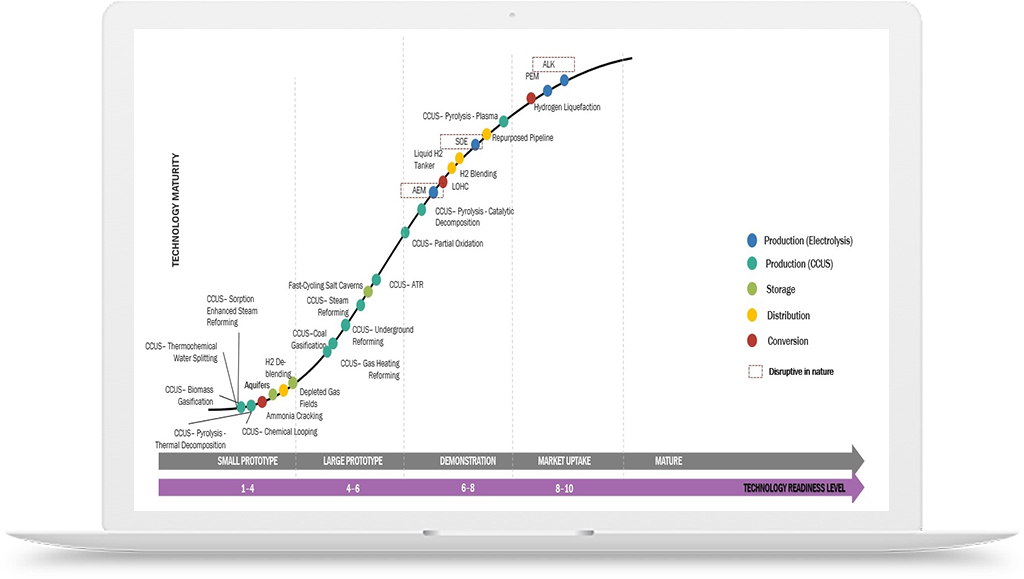Hydrogen Application in Construction Equipment Industry
Hydrogen has a wide range of applications in the construction equipment industry. Here are some of the key applications:
- Fuel Cell-Powered Vehicles: Hydrogen fuel cells offer a promising alternative in the construction equipment industry, providing a clean and sustainable power source for various heavy machinery, including excavators, bulldozers, and cranes. The app hydrogen Application in construction equipment Industry presents numerous benefits, addressing environmental concerns and contributing to a more sustainable construction sector.
- Portable Power Generation: Another application for hydrogen fuel cells is as a transportable power source for construction machinery. Lighting systems and power tools are only two examples of the many devices that fuel cells may power. For building locations that are off the grid or isolated, this can offer a dependable and clean source of electricity.
- Backup Power: For building sites, hydrogen fuel cells can also be utilized as a backup power source. In the event of a power outage, fuel cells can be placed as a backup power source. This can guarantee the continuous operation of vital construction tools and procedures.
- Material Handling Equipment: Pallet jacks and forklifts, among other pieces of machinery, can be powered by hydrogen fuel cells. Material handling equipment driven by fuel cells not only produces fewer greenhouse gas emissions but can run for extended periods of time compared to conventional battery-powered equipment.
- Heating and Cooling: Construction sites can also employ hydrogen fuel cells for heating and cooling.
In the construction equipment sector, hydrogen has the potential to drastically cut greenhouse gas emissions and enhance air quality. Construction organizations can achieve cost savings and efficiency gains in addition to meeting sustainability targets by implementing hydrogen technologies.
Benefits of Hydrogen Application in Construction Equipment Industry:
- Decreased Environmental Impact: Since hydrogen fuel cells generate power without emitting any emissions, they considerably lessen the environmental effect of construction projects and help to create a cleaner, more sustainable economy.
- Enhancement of Air Quality at Construction Sites: Construction sites can have better air quality and healthier work environments thanks to hydrogen fuel cells, which produce power through electrochemical reactions that reduce dangerous pollutants.
- Energy Efficiency and Financial Savings: Due to their high energy efficiency, hydrogen fuel cells can save construction companies money by consuming less fuel and running their operations more efficiently overall.
- more Adaptability and Mobility: Construction equipment driven by hydrogen offers more mobility, which makes construction methods more flexible and adaptive, particularly in dynamic work conditions.
Incorporating Hydrogen Application in Construction Equipment Industry brings forth a myriad of benefits, ranging from environmental stewardship and cost-effectiveness to improved operational efficiency and regulatory compliance. The adoption of this innovative technology represents a significant stride towards a more sustainable and responsible construction sector.
















